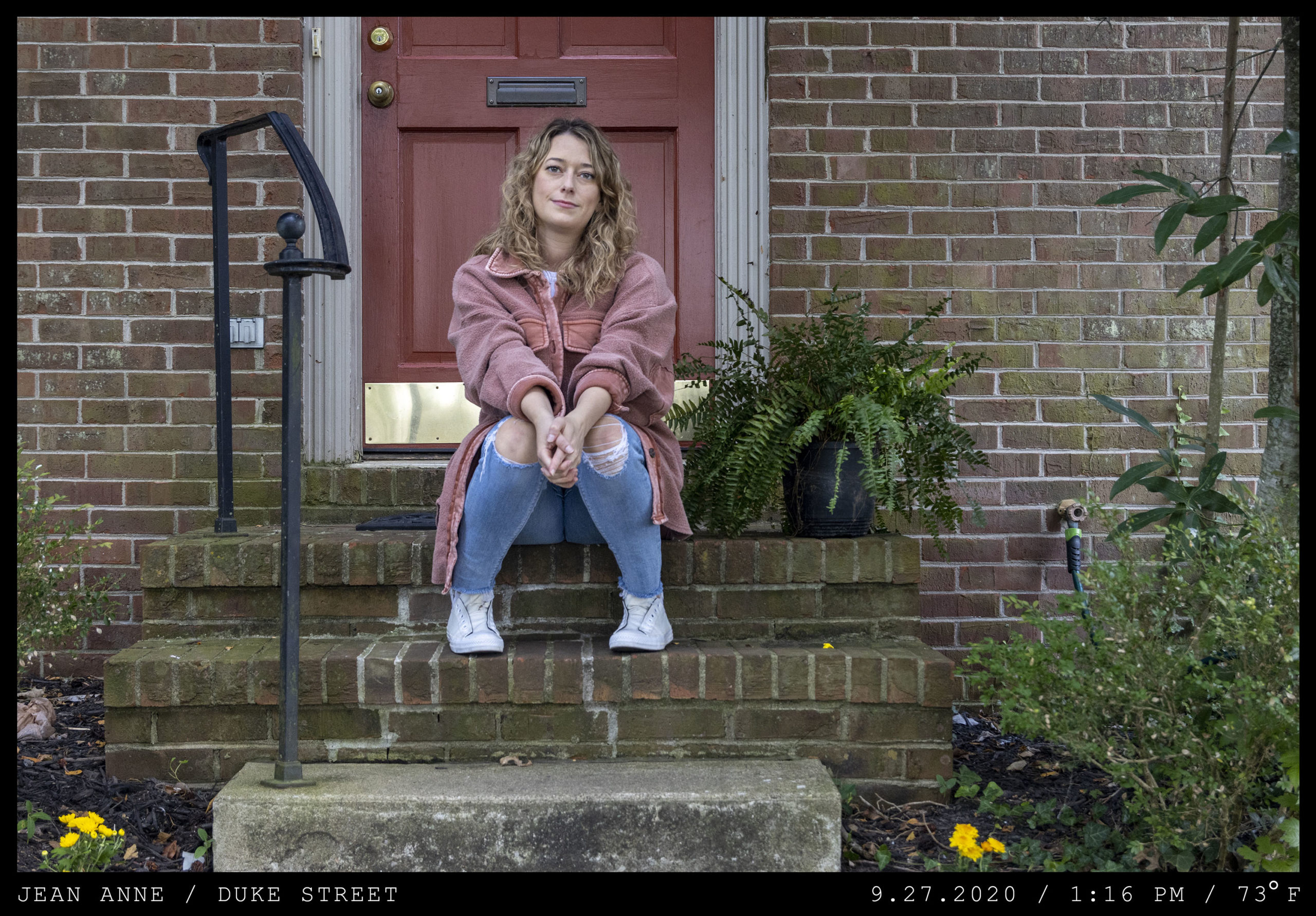Jean Anne: “I am from Ashland, Kentucky. It borders West Virginia. I heard about a lady in Huntington that found a dead body of someone who overdosed, not just once, but on 2 different occasions. She moved out of state after that.
It is typical to check the grass at parks and yards in my hometown for needles, but how do you get the worst of the opioid epidemic from spreading? Do we have to wait until we all see dead bodies in our yards until we acknowledge something is wrong? How do we protect this yard, this grass for our children to run, play and grow? How do we protect our children from growing up & not becoming addicted to opioids?
We need to make sure we prevent opioid loss from being normalized. We need to invest in people and their mental health from a young age. At home, if it is not an opioid cause of death (COD), it is a suicide. I believe they are linked via mental health. I personally know 8 people that I can think of on the top of my head from those CODs, all from high school. To put into perspective, my 10-year high school reunion was last year.
How do we protect our people? I know how; I have ideas & solutions, but unfortunately, the answer is always politics. I am not one for politics, but now I feel it is my duty to be. To vote.
The current incumbent has never done anything for Eastern Kentucky, and the current nominee challenging has not tapped into all of the needs of Kentucky. She could be failing and she does not give me hope, yet she is still the best chance if this message could reach her.
Kentuckians give me hope though; I love my people and where I came from. This is not just my community, my home, my people, our future generation … it is hitting closer to home than I am admitting.
I wear a particular item every day to keep a loved one in my thoughts that suffers undiagnosed mental illness. This is a literal metaphor for all the friends and family that drug addiction & suicide death’s affect. These loved ones carry it around with them forever; a burden of pain nothing can lift.
Sadly, people like my loved one turn to drugs to self-medicate, suicide or both. This person is not on opioids now that I know of. For one thing, people should learn is not good to assume that of people until you have evidence. Yet how do I know that one day it won’t lead to opioids?
I do not want this loved one to be some nobody to another whom they found in their yard. This human matters, this human is loved.”

